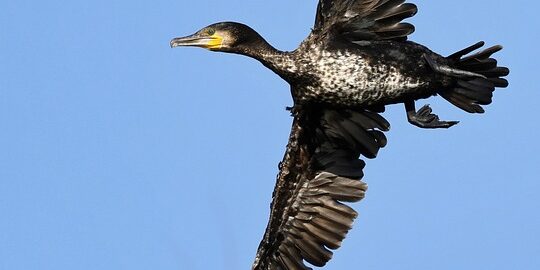What is an Ecosystem?
An ecosystem is a special community of living organisms, like plants and animals, that depend on each other and their environment to survive. It’s like a big family where everything is connected!
Origin of the Word
The word “ecosystem” comes from two Greek words: “eco” means “home” or “place to live” and “system” means “a group of things working together.” So, an ecosystem is like a big home where plants, animals, and other living things work together to create a balanced environment.
Where do you Find Ecosystems?
Ecosystems can be found all around us! They exist in forests, oceans, mountains, deserts, and even in your own backyard! Anywhere you can find plants, animals, and other living things, you’ll find an ecosystem.
Synonyms and Comparisons
Ecosystems are sometimes called “natural systems” because they occur naturally in the world. They are also similar to a big puzzle, where every piece is important to complete the picture. Just like in a puzzle, each living thing in an ecosystem has a unique role to play!
Understanding Ecosystems
Ecosystems help us understand how different plants and animals depend on each other and their surroundings. They teach us how everything in nature is connected and why it’s important to protect and take care of our environment. By studying ecosystems, we can learn how to keep our planet healthy for future generations.
The Importance of Ecosystems
In conclusion, an ecosystem is a special community of living things working together in their home. It helps nature stay balanced, and it’s all about teamwork and connection. By understanding and respecting ecosystems, we can make sure our environment stays beautiful and full of life!

Leave a Reply
You must be logged in to post a comment.